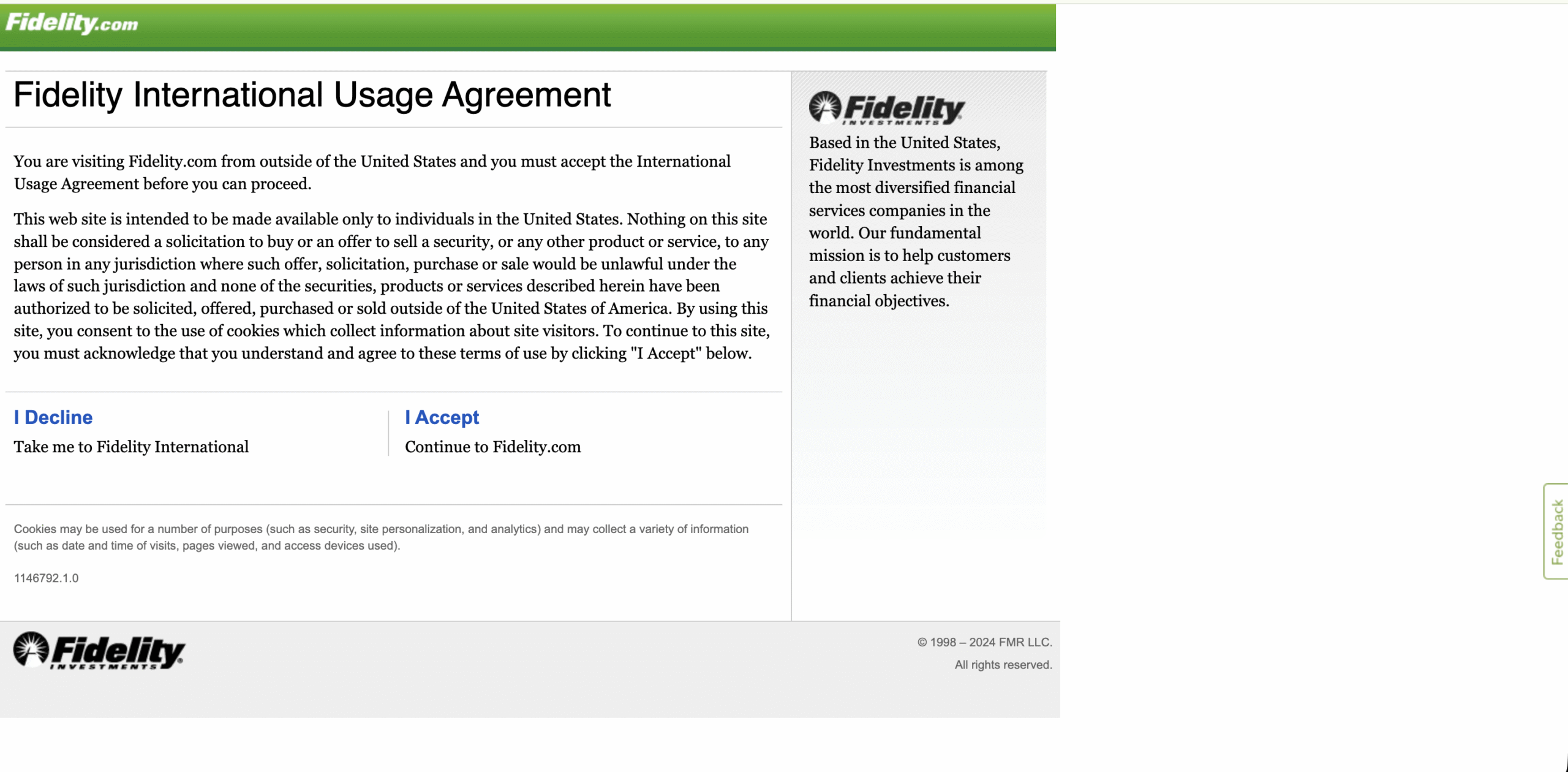Introduction
In the age of digital investing and online brokerages, trust and transparency are vital. One of the names that frequently comes up is fidelity.com, tied to Fidelity Investments. On the surface, Fidelity is a well-known, large financial services company. Yet, increasingly, there are online claims, reviews, and scam‑alerts suggesting that fidelity.com may be involved in or associated with problematic practices—or that scammers are using its name and brand to defraud people.
In this blog, we’ll take a deep dive into the allegations, examine the evidence, evaluate the red flags, and help you understand what to watch out for if you consider using fidelity.com (or believe you may have encountered a scam version). The goal is to give a balanced, detailed examination of whether fidelity.com can be considered risky and what potential issues exist.
1. Background: What is fidelity.com / Fidelity Investments?
Before jumping into complaints, it’s important to establish what fidelity.com is and how Fidelity Investments presents itself.
-
Fidelity Investments is a large US-based financial services company, offering brokerage accounts, retirement planning, mutual funds, and more.
-
The domain fidelity.com is their online presence for many of these services, including brokerage/trading and account access.
-
Because of this high profile, it is naturally a target for scams, including brand impersonation, phishing, and clone firms.
Fidelity itself warns that criminals may impersonate the firm to trick people into giving sensitive information or money.
2. Main complaints and allegations
Complaints associated with fidelity.com fall into a few broad categories.
2.1 Poor customer service & long delays
Many users report unresponsive support or vague, legalistic responses. Reviews describe situations where attempts to get help with account issues result in delays or frustration.
2.2 Withdrawal / fund access issues
Some users report difficulties when trying to withdraw or transfer funds. Deposits sometimes appear to be processed, but withdrawals are delayed or blocked indefinitely. This has raised concern among users who expect timely access to their investments.
2.3 Account blocks & freezes
Accounts are sometimes reportedly locked or blocked without clear explanations. Even after providing identity verification, some users find themselves unable to access funds or close accounts.
2.4 Impersonation & phishing using the Fidelity name
Because Fidelity is a recognizable brand, scammers exploit it by sending fake emails, texts, or calls to collect credentials or trick users into transferring money. Spelling errors in the domain or slightly altered website addresses are common indicators of such scams.
3. Is fidelity.com itself a scam?
Determining whether fidelity.com is a scam is not straightforward.
3.1 Domain legitimacy
The domain has existed for a long time and is associated with the established company Fidelity Investments, which suggests legitimate operations.
3.2 Regulatory and brand reputation
Fidelity is widely known and regulated. The main fidelity.com is likely legitimate, but user complaints may refer to scams impersonating the site, poor service experiences, or misunderstandings.
3.3 Review patterns
User review sites show extremely negative feedback from some customers. Low ratings reflect serious dissatisfaction, but not all complaints equate to fraud—many reflect operational issues or service delays.
3.4 Mixed evidence
There is credible evidence of phishing and scam activity using Fidelity’s brand. At the same time, some genuine users report frustrating service experiences. Therefore, one cannot definitively label fidelity.com as a scam platform, but caution is advised.
4. Key red flags and risk factors
If you are using fidelity.com or a similar site, watch for these warning signs:
-
Withdrawal delays or blocked access
-
Unclear account freezes
-
Poor, unresponsive customer service
-
Unexpected communications claiming to be from Fidelity
-
High-pressure deposit requests
-
No plausible explanation for account issues or denied requests
5. Real-life user experiences on Fidelity.com
Many users report a mix of service frustration and suspected scams. Complaints include funds being delayed, accounts blocked, or communications that appear to be phishing attempts. Others report receiving messages with misspellings in the domain, indicating possible impersonation.
6. Possible explanations
Why do we see such a mix of complaints?
6.1 Genuine platform issues
Some complaints may result from operational or service issues rather than intentional fraud. Like any large brokerage, delays and customer service problems can occur.
6.2 Clone firms and impersonation
Scammers frequently create fake websites or send communications impersonating Fidelity to trick users into transferring funds or giving credentials.
6.3 Fraudulent sub-domains
Websites that resemble fidelity.com but are not affiliated can mislead users into thinking they are interacting with the legitimate platform.
6.4 Misattribution of losses
Sometimes users attribute losses to fraud when they may be due to market risks or other investment outcomes. However, withdrawal delays and blocked accounts remain concerning.
7. Verdict
-
The main fidelity.com website appears legitimate and is operated by a well-known, regulated company.
-
There are significant negative user reports involving withdrawal delays, account freezes, and poor customer service.
-
Scammers frequently impersonate Fidelity, increasing the perception of risk.
In conclusion, fidelity.com is not definitively a scam, but there are enough red flags to approach it with caution. Users should be vigilant when interacting with the platform or any communications claiming to be from Fidelity.
8. Choosing a safer brokerage
When selecting or continuing to use a brokerage, consider the following:
-
Regulatory compliance and licensing
-
Transparent withdrawal and account policies
-
Positive user reviews and consistent feedback
-
Responsive customer support
-
Strong security features such as 2-factor authentication
-
Avoidance of high-pressure deposit demands
-
Verified website domains without spelling alterations or extra suffixes
9. Final thoughts
Fidelity.com is a well-known financial services brand, but the combination of negative user experiences and impersonation scams is concerning. Users should remain cautious, monitor their accounts, and be aware of potential phishing or fraudulent activities. While fidelity.com is unlikely to be an outright scam, no platform is immune to operational challenges or misuse of its brand.
Report Fidelity.com Scam and Recover Your Funds
If you have lost money to Fidelity.com, it’s important to take action immediately. Report the scam to LOSTFUNDSRECOBERY.COM, a trusted platform that assists victims in recovering their stolen funds. The sooner you act, the better your chances of reclaiming your money and holding these fraudsters accountable.
Scam brokers like Fidelity.comcontinue to target unsuspecting investors. Stay informed, avoid unregulated platforms, and report scams to protect yourself and others from financial fraud. Read More reviews at Scams2Avoid



